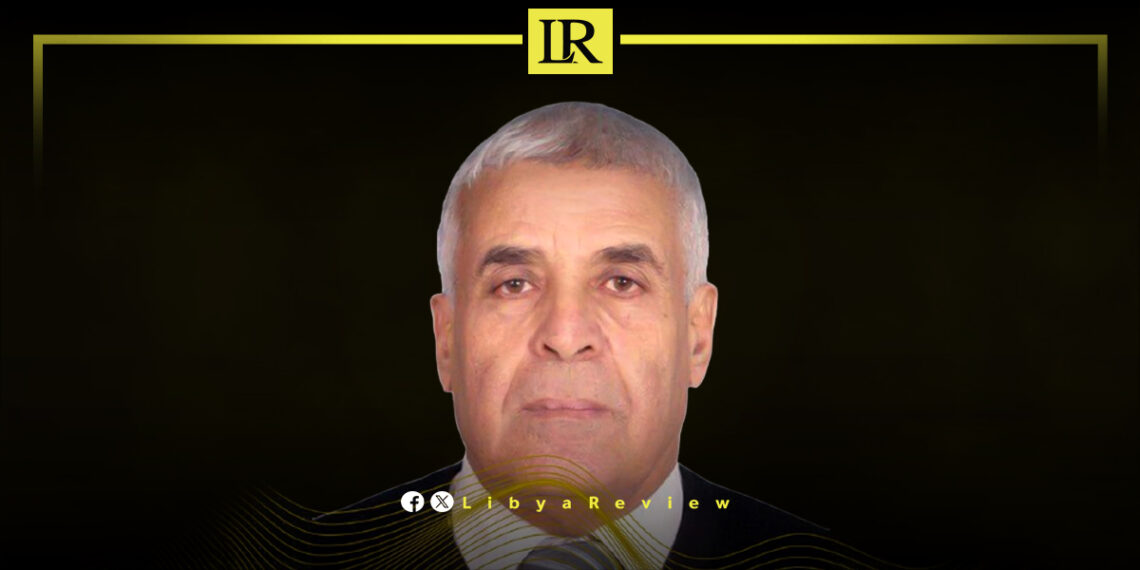Jumaa Abdullah Bouzid, a former advisor at the Libyan Supreme Court, has issued a stark warning that Libya could be heading towards a comprehensive financial collapse, similar to those experienced by Iraq and Lebanon. This comes in light of what he described as “random economic decisions,” following the Libyan dinar’s depreciation by 13.3% against foreign currencies—a decision implemented on April 6, 2025, by the Central Bank of Libya’s Board of Directors under Resolution No. 18.
In a Facebook post, Bouzid questioned, “Is Libya on the path to financial collapse?” He noted that this recent depreciation marks the third of its kind since 2021, which has led to a dinar rate of 5.5677 to the US dollar, escalating prices drastically and increasing the burden on Libyan citizens.
Bouzid cited the stark increase in basic commodity prices, stating, “In 2010, the price of a kilo of meat was ten dinars, and we thought it was expensive. Today, it has reached ninety dinars and might soon hit one hundred.” He attributed this inflation to corruption, mismanagement, and hastily made economic decisions without thorough studies.
According to Bouzid, the apparent aim of these devaluations seems only to “cover the public debt deficit” incurred by wasteful policies not based on realistic budgets, such as funding free Hajj expenses worth $300 million and allocating two billion dinars for a marriage support fund without providing jobs or housing for young people, alongside repeated salary increases.
Recalling his university studies on “spiral inflation,” Bouzid described it as an inevitable result of “printing money without backing,” predicting that Libya is following the tragic historical precedents set by countries like Egypt, Iraq, and Italy, where currencies collapsed and trust in financial institutions vanished.
“The value of the currency is not just a number in the market; it directly reflects the economic strength and political stability of a state. When the currency value collapses, the imbalance extends beyond numbers and becomes a comprehensive threat to social stability,” he added.
Bouzid compared Libya’s situation with that of Iraq and Lebanon, noting that the Iraqi dinar was one of the strongest currencies in the region in the 1980s, trading at over $3.3, before it plummeted following wars and sanctions to over 1500 dinars per dollar, leading to a thriving black market and a collapse in bank trust.
In Lebanon, he observed, the economy experienced one of the worst financial collapses in modern times, with the Lebanese pound dropping from 1500 to the dollar to over 100,000 due to corruption, a fragile financial system, and continuous borrowing without genuine reform.
Bouzid concluded his post with a clear warning that Libya is beginning to exhibit the same signs of collapse, in the absence of substantial reforms and continued reliance on oil as the sole income source, questioning, “Are we on the verge of a financial collapse that could exceed those seen in Iraq and Lebanon? I am not optimistic… and we pray to God to spare our country from a financial disaster that would be a gateway to chaos, looting, and organised crime.”


